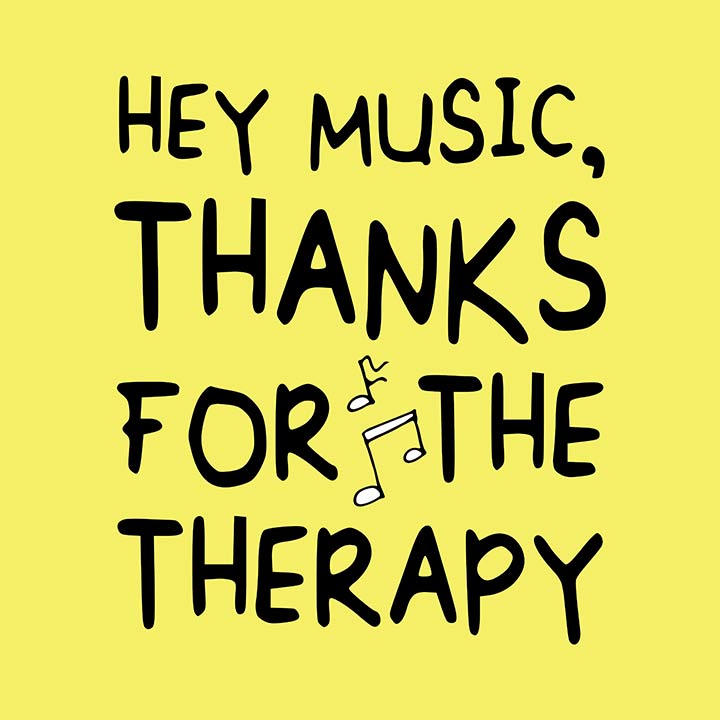
Who doesn’t love music, right? Everyone has a specific kind of pace, tone and genre of music that sets their mood. People also have memories attached to some songs. Music can make you feel happy, sad, energetic or relaxed. It is linked so much with a person’s mood and has a great therapeutic effect on the mind. This World Music Day, we have decided to talk about how music therapy can be super effective in improving medical conditions, mental disorders and quality of life!
1. Helps Children

Music helps children in developing reading and linguistic skills. Some therapeutic methods include listening and responding to live or recorded music. The responses help in analysing personal issues.
2. Stress Buster

There is no doubt that listening to music as well as playing an instrument helps in reducing stress and anxiety as it makes the mind calm and peaceful. It refreshes your mind making it more active. It improves breathing and heart rate.
3. State Of Mind

The tempo of music has an impact on the brain too. If you are listening to music with strong beats, the brainwaves resonate with the sync of the beats and increases concentration levels and alertness. But if you’re listening to a slow tempo, it can make you much calmer and relaxed. In fact, music brings lasting benefits to the state of mind even after you stop listening to it.
4. Improves Sleep

People suffering from insomnia have shown signs of improvement after music therapy. It improves the quality, duration and efficiency of sleep.
5. Infant Development

According to research, music therapy can help with infant development. Playing music to the womb during late pregnancy stages might lead to children being more responsive to music.
6. Mental Disorders

Dementia is a disorder that hampers the cognitive functions like thinking, processing, reasoning, decision making, spacial knowledge and verbal communication. Music therapy can help people suffering from dementia by reducing their agitated behaviour and improving physical coordination necessary for daily habits. Depression is considered a mood disorder. That is why music therapy can make a depressed person feel more relaxed, more positive and reduce anxiety. Autism is a brain disorder that affects the developmental process mostly in communication and social interactions. Autistic people show a great amount of interest in music and response to it. This aids in verbal and non-verbal communication as well as normal developmental processes.
7. Restores Lost Speech

People with speech problems like stammering and stuttering have shown signs of improvement with music therapy. Singing can help improve speech and restore it. In fact, pop artist Ed Sheeran suffered from stuttering in his childhood and he overcame it through singing.
8. Helps cancer patients

Cancer patients go through anxiety issues from chemotherapy and radiotherapy. Music therapy reduces this and eliminates nausea.

Mental health is a serious topic of discussion and it shouldn’t be ignored. According to leading therapists, music has shown signs of improvement in patients suffering from mental disorders. What are your thoughts on music therapy? Let us know in the comments below.
And don’t forget to follow @missmalinilifestyle to never miss a beat!

